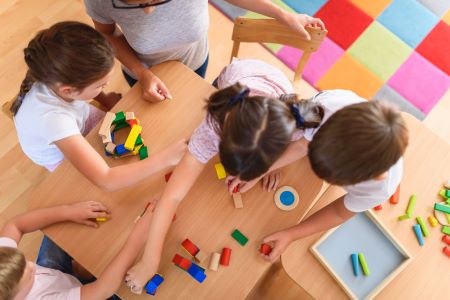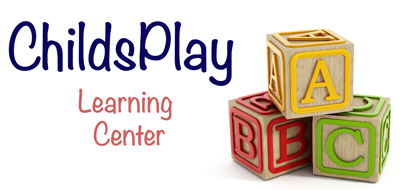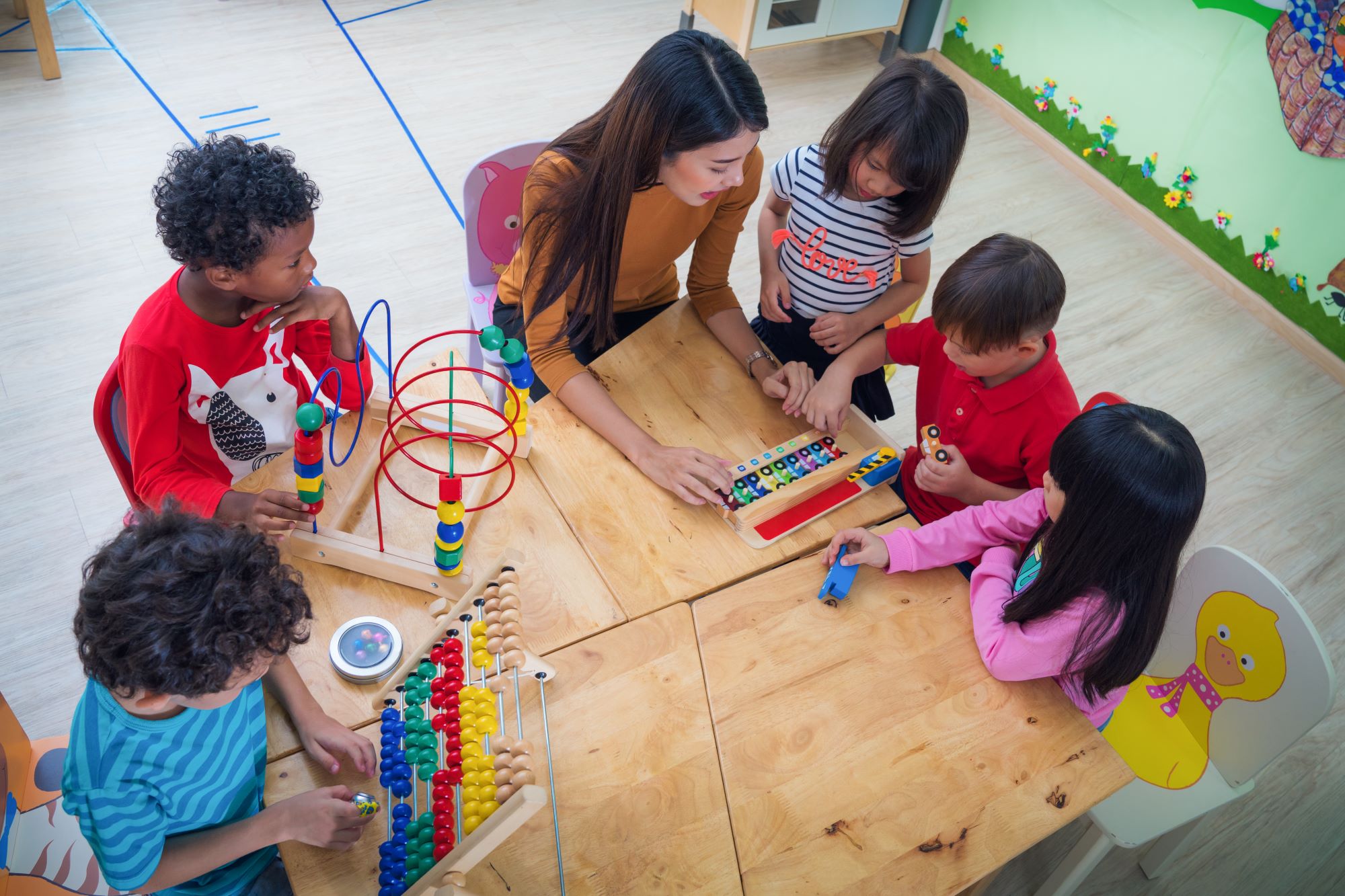Socialization during early childhood is a vital component of a child’s development, shaping not only their interpersonal skills but also their emotional and cognitive growth. In Vancouver, WA, parents often seek high-quality childcare options that emphasize social interaction, especially in preschool programs. This focus on socialization helps children build a solid foundation for future success in school and life.
Building Social Skills Through Interaction
In a preschool setting, children engage with peers in various activities, from group play to collaborative projects. This interaction fosters essential social skills such as sharing, empathy, and communication. When children learn to navigate relationships with others, they develop a sense of community and belonging. Programs designed for children ages 3-5 often create structured environments where these skills can flourish, making the preschool experience not just about academics but also about developing lifelong friendships.
Emotional Development and Self-Regulation
Socialization also plays a significant role in emotional development. Through interactions with their peers, children learn to express their feelings and understand the emotions of others. This understanding is crucial for self-regulation, enabling them to manage their emotions in various situations. For instance, during group activities, children might experience joy, frustration, or disappointment, all of which are learning opportunities. These moments allow educators to guide children in processing their feelings, leading to healthier emotional responses in the future.
Preparing for Future Success in School
A child’s preschool experience significantly impacts their readiness to transition to elementary school. Social skills acquired in early childhood education are foundational for academic success. Children who have practiced working with others are typically better equipped to handle collaborative projects in school settings. They learn to listen to others’ ideas and contribute their own, which enhances their learning experience. Moreover, the social networks formed in preschool can provide ongoing support as children progress through their educational journeys.
High-Quality Childcare: A Safe Environment for Growth
High-quality childcare facilities prioritize safety protocols, ensuring children feel secure while engaging in social activities. These environments encourage exploration and interaction, allowing children to take risks in their play. Educators at these facilities often facilitate family events, promoting community involvement and providing families with opportunities to connect with each other. This sense of community further enriches the socialization process as parents share experiences and support each other.
Family Support Services
Preschool programs also recognize the importance of family involvement in a child’s socialization process. Many offer family support services that foster strong partnerships between educators and families. These services may include workshops on child development or parenting strategies, enhancing parents’ ability to support their children’s social skills at home. When families and educators work together, children benefit from consistent messaging about the importance of socialization and emotional health.
Nutritional Considerations in Social Settings
Nutritious meals are also essential in fostering social interaction. Mealtime can be a communal experience where children learn table manners and engage in conversations. Eating together encourages children to communicate and share experiences, reinforcing social skills in a relaxed environment. Preschool programs prioritizing nutritious meals create opportunities for children to practice these vital interactions daily.
The Role of Developmental Screenings
Developmental screenings in early childhood education settings ensure children meet their social and emotional milestones. These assessments help educators identify any challenges a child may face, allowing for timely interventions. By addressing potential issues early on, preschools can provide tailored support, ensuring every child has the opportunity to thrive socially and emotionally.
Play-Based Learning: A Pathway to Social Skills
Play-based learning is at the heart of many preschool programs, encouraging children to engage in creative play. This type of learning is particularly effective in promoting socialization, as it often requires teamwork, problem-solving, and negotiation. For example, when children work together to build a structure with blocks, they practice communication and collaboration, essential skills for their future academic and personal lives.
Inclusive Preschool Programs
Inclusive preschool programs that welcome children of varying abilities can enhance socialization for all participants. Children learn to appreciate diversity, fostering empathy and understanding from a young age. Such environments prepare children for the real world, where they encounter diverse perspectives and experiences.
Conclusion: Laying the Groundwork for Lifelong Skills
In conclusion, the importance of socialization in early childhood education cannot be overstated. Engaging in a preschool program provides children in Vancouver, WA, with the necessary tools to develop strong social skills, emotional intelligence, and the ability to work collaboratively with others. By participating in high-quality childcare environments that prioritize social interaction, children build a solid foundation for success in school and beyond. The lessons learned during these formative years will resonate throughout their lives, contributing to their well-being and happiness.
Your Premier Preschool Specialists in Vancouver, WA
ChildsPlay Learning Center is a premier early education facility dedicated to fostering growth through a well-structured curriculum and engaging play. Since 2011, we have proudly served Vancouver families, participating in Washington’s Early Achievers Program. Our age-specific classrooms are designed to provide children with tailored learning experiences led by our skilled teachers and caregivers.
Catering to children from six weeks to school age, our center emphasizes play-based and emergent learning through specialized activities. We believe in the importance of outdoor play for physical health while promoting cognitive development indoors. Our dedicated education professionals create a nurturing, child-centered environment that supports each child’s individual growth and encourages positive interactions with peers. At ChildsPlay Learning Center, we are committed to helping every child thrive in their learning journey.
We specialize in a variety of different services.
- Child Care
- Daycare
- Learning Center
- Preschool
ChildsPlay Learning Center is committed to enhancing your child’s experience through engaging play and hands-on learning. Our curriculum blends enjoyment with education, ensuring that your child not only has fun but also receives a high-quality education. We invite you to discover what sets ChildsPlay apart. Contact us to schedule a visit and experience our lively learning environment for yourself!

